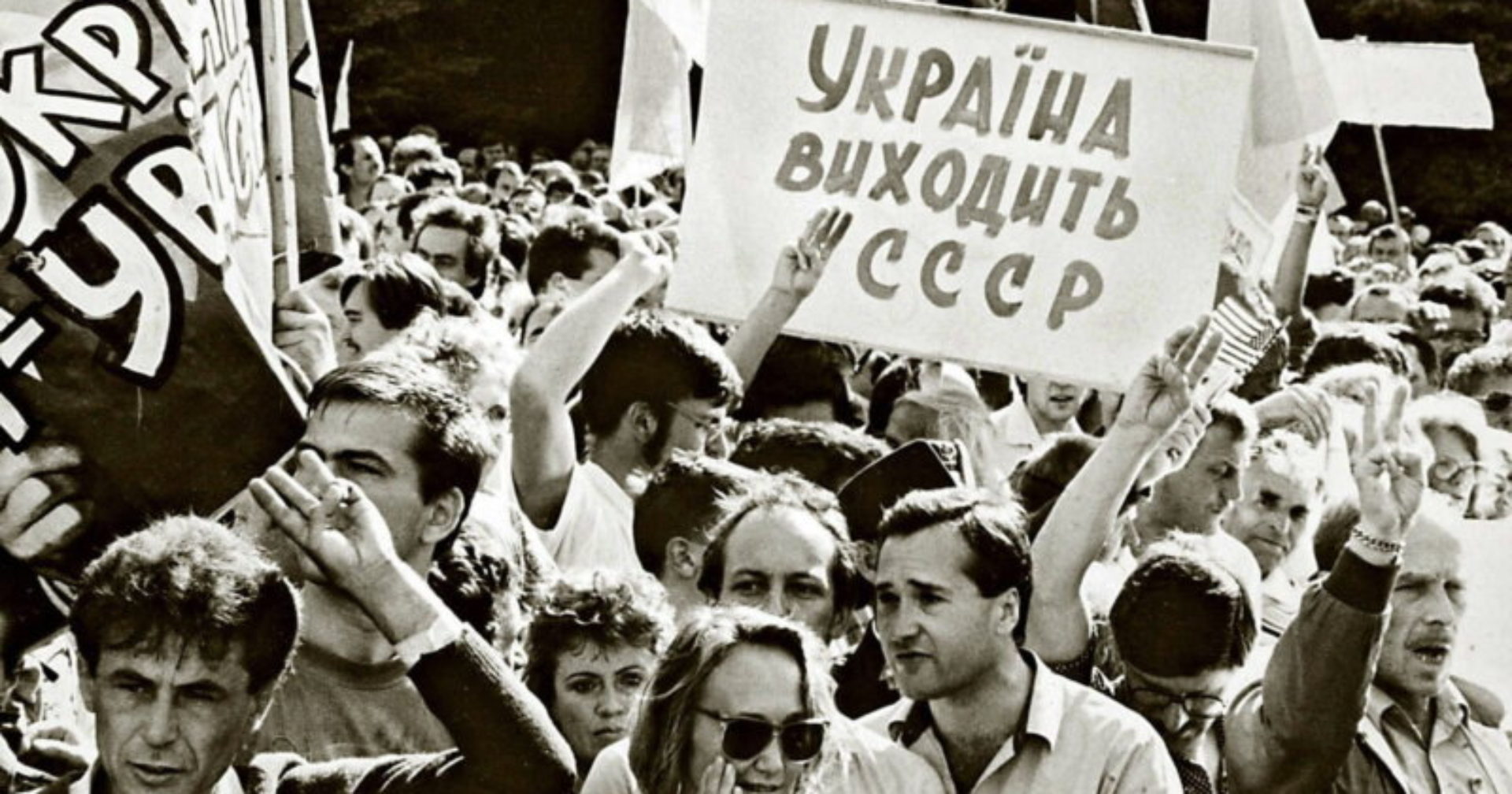
Online Symposium | Ukraine in the Context of Thirty Years of Identity-Building in Post-Communist Europe
29–30 November 2021
ABOUT THE SYMPOSIUM
2021 marks the thirtieth anniversary of the fall of Soviet Communism, a milestone for the region comprising former Soviet republics and satellite states. Each of these new sovereign entities has its own day of independence to celebrate, with the majority of them breaking away from the Kremlin’s grip in 1989–91. The thirtieth anniversary presents us with the opportunity to examine the post-Communist transition in Ukraine in the comparative context of other countries of Central and Eastern Europe (CEE).
The CEE is a very diverse region. Following the fall of the Iron Curtain, the pace and complexity of events that shaped political realities on the ground were dizzying. Some states accomplished a decisive break with their Communist past and became members of European and transatlantic structures within almost a decade. Other states opted for pseudo-transition and fostered hybrid political regimes, jeopardizing their genuine integration with the West. Finally, there was a group of states which decided to preserve their Communist legacy largely untouched, merely putting a more “human face” on its centralized practices.
It is a fascinating subject, with numerous examples of successes, failures, compromises, and U-turns by the states undergoing the transition. This symposium aims to analyze transitional events, focusing particularly on identity-building processes and reforms in Ukraine and CEE countries. It will describe and scrutinize the formation of geopolitical affiliations and the evolution of discourses of belonging. It will also trace the fluctuating dynamics of national decision making and institution building, as many of the post-Communist states today reconsider their initial “idea of Europe.” The symposium will address the dynamics of post-Communist transition and identity building, viewing them “from outside” and “from within” the region.
The symposium was organized and is hosted by the Contemporary Ukraine Studies Program at the Canadian Institute of Ukraine Studies, University of Alberta, in cooperation with the Wirth Institute for Austrian and Central European Studies, University of Alberta, and the Institute of Central Europe and the European Neighbourhood Policy Chair, College of Europe.
The panel papers presented during the symposium are published in Meandering in Transition: Thirty Years of Reforms and Identity in Post-Communist Europe (2021), co-edited by Ostap Kushnir and Oleksandr Pankieiev.
For more information about the symposium contact: ciusweb@ualberta.ca
PROGRAM
DAY ONE
29 November 2021
Welcome
10–10:30 a.m. (MST)
6–6:30 p.m. (Warsaw)
7–7:30 p.m. (Kyiv)
VOLODYMYR KRAVCHENKO | Director of the Contemporary Ukraine Studies Program, Canadian Institute of Ukrainian Studies, and Professor of History, University of Alberta (Canada)
NATALIA KHANENKO-FRIESEN | Director, Canadian Institute of Ukrainian Studies, and Professor and Huculak Chair of Ukrainian Culture and Ethnography, University of Alberta (Canada)
OSTAP KUSHNIR | Associate Professor, Lazarski University (Poland)
OLEKSANDR PANKIEIEV | Research Coordinator, Canadian Institute of Ukrainian Studies, and Editor-in-Chief of Forum for Ukrainian Studies at CUSP-CIUS, University of Alberta (Canada)
Round-Table Discussion
Ukraine and the CEE Region: Thirty Years after Communism
10:30 a.m.–noon (MST)
6:30–8 p.m. (Warsaw)
7:30–9 p.m. (Kyiv)
CHAIR:
ALEXANDER CARPENTER | Director, Wirth Institute for Austrian and Central European Studies, and Professor of Music, University of Alberta (Canada)
PARTICIPANTS:
VOLODYMYR KRAVCHENKO | Director of the Contemporary Ukraine Studies Program, Canadian Institute of Ukrainian Studies, and Professor of History, University of Alberta (Canada)
SERHII PLOKHY | Director, Ukrainian Research Institute, Harvard University (USA)
LUCAN AHMAD WAY | Professor of Political Science, University of Toronto (Canada)
VLADIMIR TISMĂNEANU | Director, Center for the Study of Post-Communist Societies, and Professor of Politics, University of Maryland (USA)
LI BENNICH-BJÖRKMAN | Johan Skytte Professor in Eloquence and Political Science, University of Uppsala (Sweden)
Break (15 minutes)
Panel One
Post-Communist Transition in a Global Perspective: Theoretical Aspects
12:15–1:45 p.m. (MST)
8:15–9:45 p.m. (Warsaw)
9:15–10:45 p.m. (Kyiv)
CHAIR:
OSTAP KUSHNIR | Associate Professor, Lazarski University (Poland)
PARTICIPANTS:
MYKOLA RIABCHUK | Senior Researcher, Institute of Political Studies, National Academy of Sciences of Ukraine
“Shifting the wall further east: What remains of ‘Eastern Europe’ thirty years later?”
ANDRIY TYUSHKA | Senior Research Fellow and European Neighbourhood Policy Chair, College of Europe (Poland)
“Democratic transition, Europeanization, and other metamorphoses of Central Eastern Europe: An EU member state–building perspective”
ASSEN SLIM | Director of Research, National Institute of Oriental Languages and Civilizations (France)
“Has the post-Communist transition been completed? An economic perspective”
ANNA RUDAKOWSKA | Associate Professor, Tamkang University (Taiwan)
EMILIAN KAVALSKI | Li Dak Sum Chair Professor in China-Eurasia Relations and International Studies, University of Nottingham Ningbo (China)
“China’s view on the post-Communist transition of the Central and East European countries”
DAY TWO
30 November 2021
Panel Two
Post-Communist Transition: The View from Within
10–11:30 a.m. (MST)
6–7:30 p.m. (Warsaw)
7–8:30 p.m. (Kyiv)
CHAIR:
TOMASZ STĘPNIEWSKI | Associate Professor, Institute of Political Science, John Paul II Catholic University of Lublin, and Deputy Director, Institute of Central Europe (Poland)
PARTICIPANTS:
LI BENNICH-BJÖRKMAN | Johan Skytte Professor in Eloquence and Political Science, University of Uppsala (Sweden)
“Exceptional but different: Navigating transition in Estonia, Latvia, and Lithuania”
JURAJ MARUŠIAK | Senior Researcher, Institute of Political Science, Slovak Academy of Sciences (Slovakia)
“The Czech Republic and Slovakia: Changing perceptions of European integration since 1989”
ADRIAN CHOJAN | Associate Professor, Lazarski University (Poland)
“Societies in post-Communist transition: The Polish and Hungarian experience”
MARGARYTA KHVOSTOVA | Lecturer and Researcher, Lazarski University (Poland)
“Thirty years of post-Communist nation building in Belarus, Moldova, and Ukraine”
ROBERT RAJCZYK | Associate Professor, Institute of Journalism and Media Communication, University of Silesia in Katowice (Poland)
SPASIMIR DOMARADZKI | Associate Professor, University of Warsaw (Poland)
“Thirty years after Communism: The Bulgarian and Romanian experience”
Break (15 minutes)
Panel Three
Post-Communist Transition: A Neighbourhood Perspective
11:45 a.m.–1:15 p.m. (MST)
7:45–9:15 p.m. (Warsaw)
8:45–10:15 p.m. (Kyiv)
CHAIR:
NINA PAULOVICOVA | Associate Professor of History, Athabasca University (Canada)
PARTICIPANTS:
BO PETERSSON | Professor of Political Science, Malmö University (Sweden)
“From high hopes to mundane reality: Swedish perspectives on post-Communist Europe thirty years on”
SERENA GIUSTI | Head of the Programme on Eastern Europe, Russia and Eurasia, Sant’Anna School of Advanced Studies (Italy)
“Institutionally Embedded: Italy’s Response to Transformations in Central Eastern Europe”
CHRISTOPHER LASH | Associate Professor, Lazarski University (Poland)
“A successful partnership marred by Brexit?” Britain and post-1989 Central and Eastern Europe”
RASMUS NILSSON | Lecturer, University College London (UK)
“Russia and Central Eastern Europe Since 1992”
SYMPOSIUM PARTICIPANTS
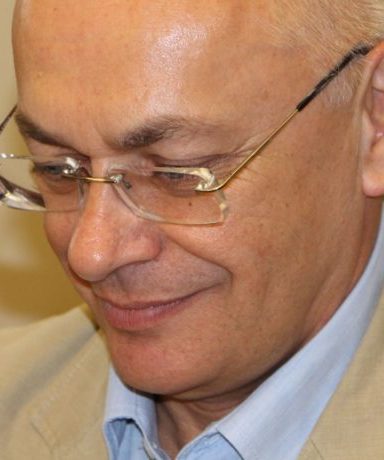
Dr. Volodymyr Kravchenko is a professor of history in the Department of History, Classics, and Religion at the University of Alberta. He is a former director of the Canadian Institute of Ukrainian Studies (2012–17); now he directs the Contemporary Ukraine Studies Program and the Kowalsky Program at the same institute. Dr. Kravchenko is the author of about two hundred publications, including several monographs and collections of articles devoted to Ukrainian-Russian relations and Ukrainian historiography.
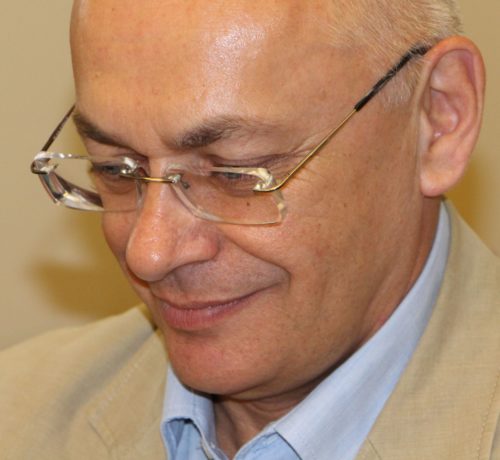
Dr. Volodymyr Kravchenko is a professor of history in the Department of History, Classics, and Religion at the University of Alberta. He is a former director of the Canadian Institute of Ukrainian Studies (2012–17); now he directs the Contemporary Ukraine Studies Program and the Kowalsky Program at the same institute. Dr. Kravchenko is the author of about two hundred publications, including several monographs and collections of articles devoted to Ukrainian-Russian relations and Ukrainian historiography.
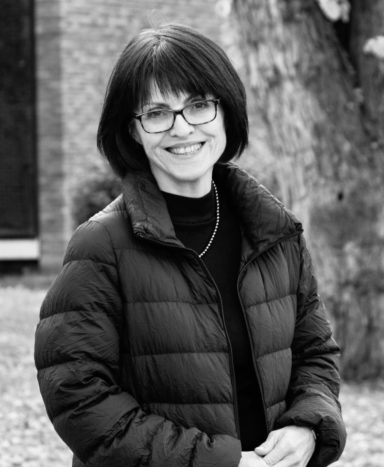
Natalia Khanenko-Friesen serves as the director of the Canadian Institute of Ukrainian Studies and Huculak Chair in Ukrainian Culture and Ethnography, Department of Modern Languages and Cultural Studies, both in the Faculty of Arts, University of Alberta. Her research interests include oral history, post-socialism in Europe and Ukraine, diasporic identities, labour migration, and Ukrainian Canadian culture. Her book projects include three co-edited collections of essays on oral history and two monographs, Ukrainian Otherlands: Diaspora, Homeland and Folk Imagination in the 20th Century (2015) and Inshyi svit abo etnichist' u diї: kanads'ka ukraїns'kist' kintsia 20 stolittia (The other world, or ethnicity in action: Canadian Ukrainianness at the end of the 20th century; 2011). Dr. Khanenko-Friesen is the founding editor of the Engaged Scholar Journal: Community-Engaged Research, Teaching and Learning. Her current book project has the working title “Decollectivized: The Last Generation of Soviet Farmers Speak Out.”
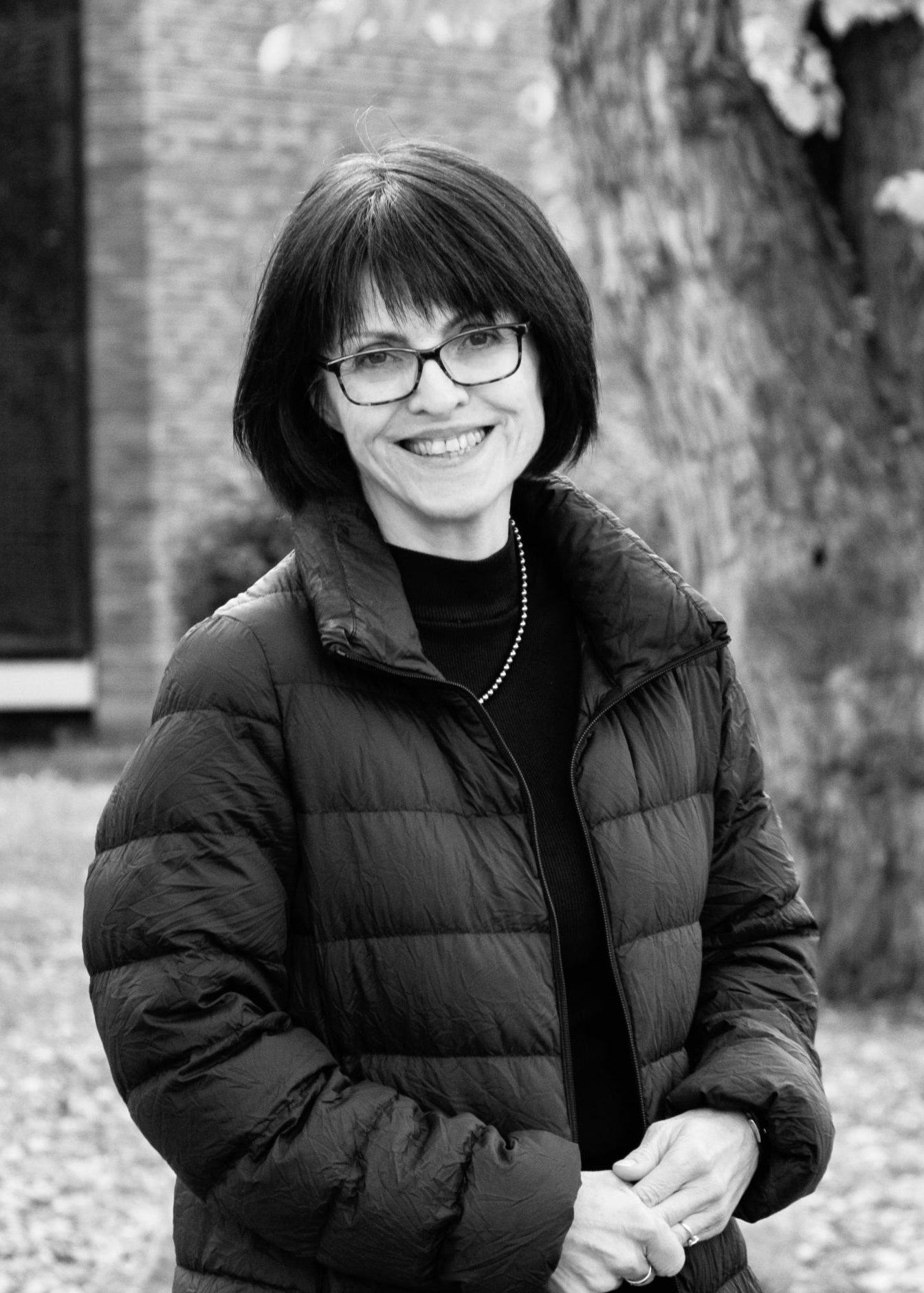
Natalia Khanenko-Friesen serves as the director of the Canadian Institute of Ukrainian Studies and Huculak Chair in Ukrainian Culture and Ethnography, Department of Modern Languages and Cultural Studies, both in the Faculty of Arts, University of Alberta. Her research interests include oral history, post-socialism in Europe and Ukraine, diasporic identities, labour migration, and Ukrainian Canadian culture. Her book projects include three co-edited collections of essays on oral history and two monographs, Ukrainian Otherlands: Diaspora, Homeland and Folk Imagination in the 20th Century (2015) and Inshyi svit abo etnichist' u diї: kanads'ka ukraїns'kist' kintsia 20 stolittia (The other world, or ethnicity in action: Canadian Ukrainianness at the end of the 20th century; 2011). Dr. Khanenko-Friesen is the founding editor of the Engaged Scholar Journal: Community-Engaged Research, Teaching and Learning. Her current book project has the working title “Decollectivized: The Last Generation of Soviet Farmers Speak Out.”
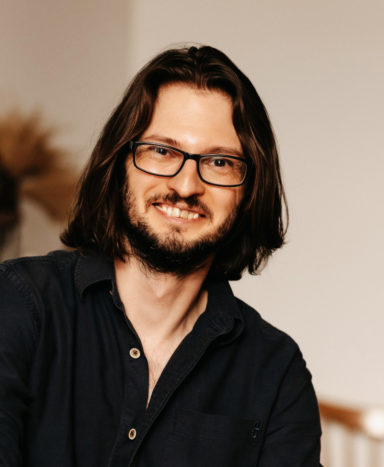
Ostap Kushnir, Assistant Professor at Lazarski University (Poland) and a lecturer with Coventry (UK) and Jagiellonian (Poland) University programmes. He holds an MA in Journalism from Odesa National Mechnikov University (Ukraine), an MA in International Relations from the University of Wales (UK), and a PhD from Nicolaus Copernicus University in Toruń (Poland). In 2019, he was Kolasky Research Fellow at the University of Alberta, Canadian Institute for Ukrainian Studies. His academic interests include geopolitical and identity-forming processes in Central and Eastern Europe, specifically in Ukraine and the Black Sea region. He is the author of Ukraine and Russian Neo-imperialism: The Divergent Break (Lexington Books, 2018), and Business, Values, and EU’s Response to Protests in Ukraine (Lazarski University press, 2020), editor of The Intermarium as the Polish-Ukrainian Linchpin of Baltic–Black Sea Cooperation (Cambridge Scholars Publishing, 2019) and Meandering in Transition: Thirty Years of Reforms and Identity in Post-Communist Europe (Lexington Books, 2021). The number of his academic publications on the topics of Ukraine’s and regional politics exceeds fourty.
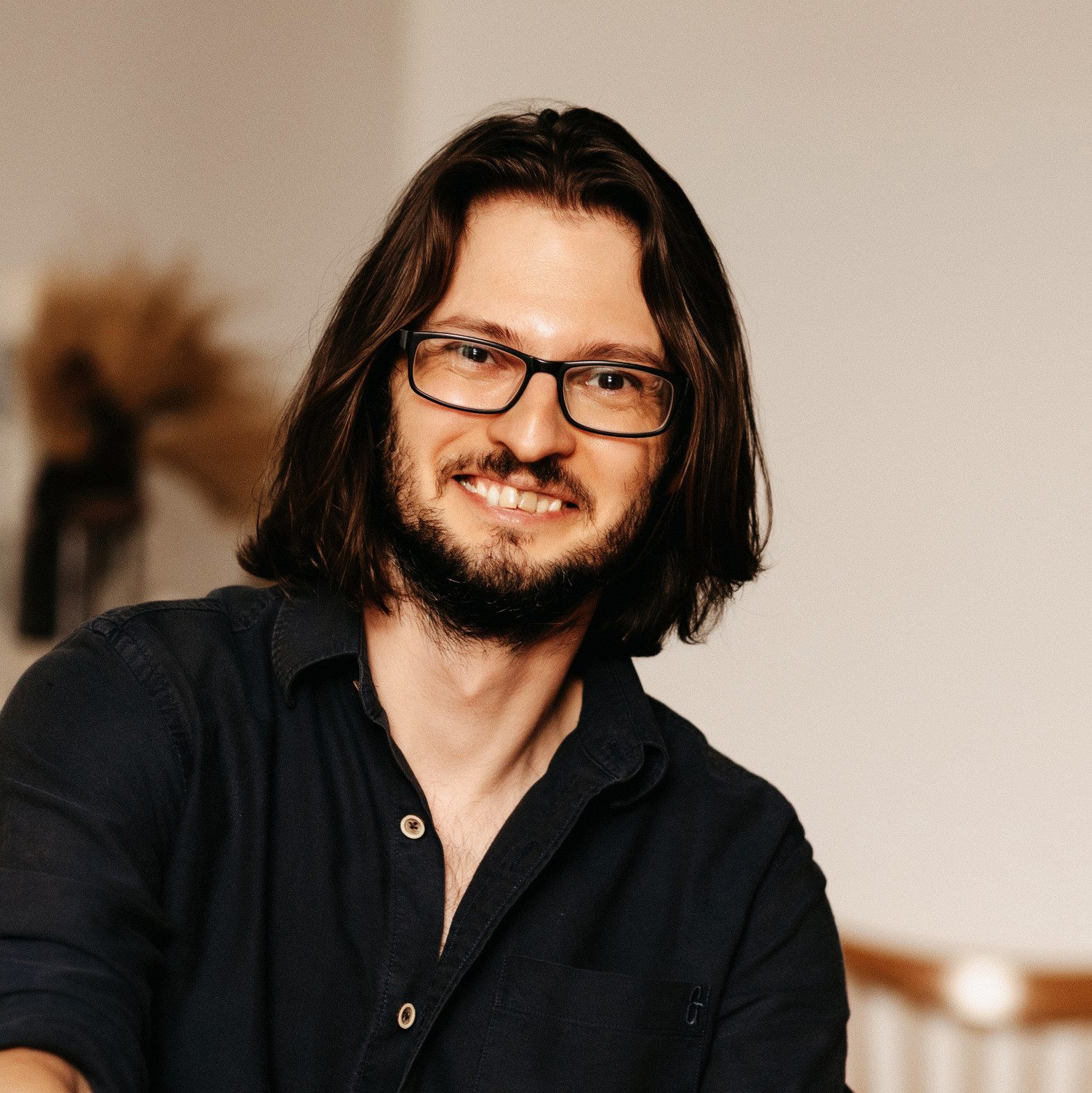
Ostap Kushnir, Assistant Professor at Lazarski University (Poland) and a lecturer with Coventry (UK) and Jagiellonian (Poland) University programmes. He holds an MA in Journalism from Odesa National Mechnikov University (Ukraine), an MA in International Relations from the University of Wales (UK), and a PhD from Nicolaus Copernicus University in Toruń (Poland). In 2019, he was Kolasky Research Fellow at the University of Alberta, Canadian Institute for Ukrainian Studies. His academic interests include geopolitical and identity-forming processes in Central and Eastern Europe, specifically in Ukraine and the Black Sea region. He is the author of Ukraine and Russian Neo-imperialism: The Divergent Break (Lexington Books, 2018), and Business, Values, and EU’s Response to Protests in Ukraine (Lazarski University press, 2020), editor of The Intermarium as the Polish-Ukrainian Linchpin of Baltic–Black Sea Cooperation (Cambridge Scholars Publishing, 2019) and Meandering in Transition: Thirty Years of Reforms and Identity in Post-Communist Europe (Lexington Books, 2021). The number of his academic publications on the topics of Ukraine’s and regional politics exceeds fourty.
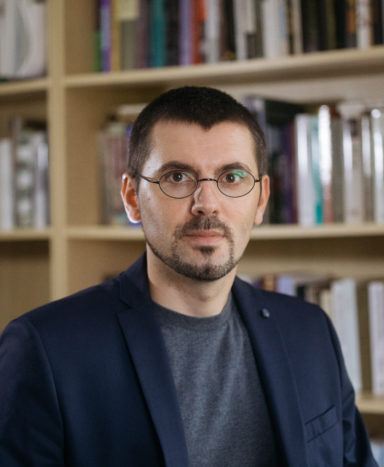
Dr. Oleksandr Pankieiev is a research coordinator at the Canadian Institute of Ukrainian Studies, University of Alberta, and editor-in-chief of the online Forum for Ukrainian Studies under its Contemporary Ukraine Studies Program. He also serves as president of the Alberta Society for the Advancement of Ukrainian Studies and vice-president of Alberta Local and International Education Association. His research interests include the history of steppe Ukraine, Russia-Ukraine relations, bureaucracy and elites in Ukraine, ethnography, oral history, and digital media. Among his monographs are three historical sourcebooks about eighteenth-century Southern Ukraine. His latest publication is the collection Meandering in Transition: Thirty Years of Reforms and Identity in Post-Communist Europe (2021), co-edited with Ostap Kushnir.
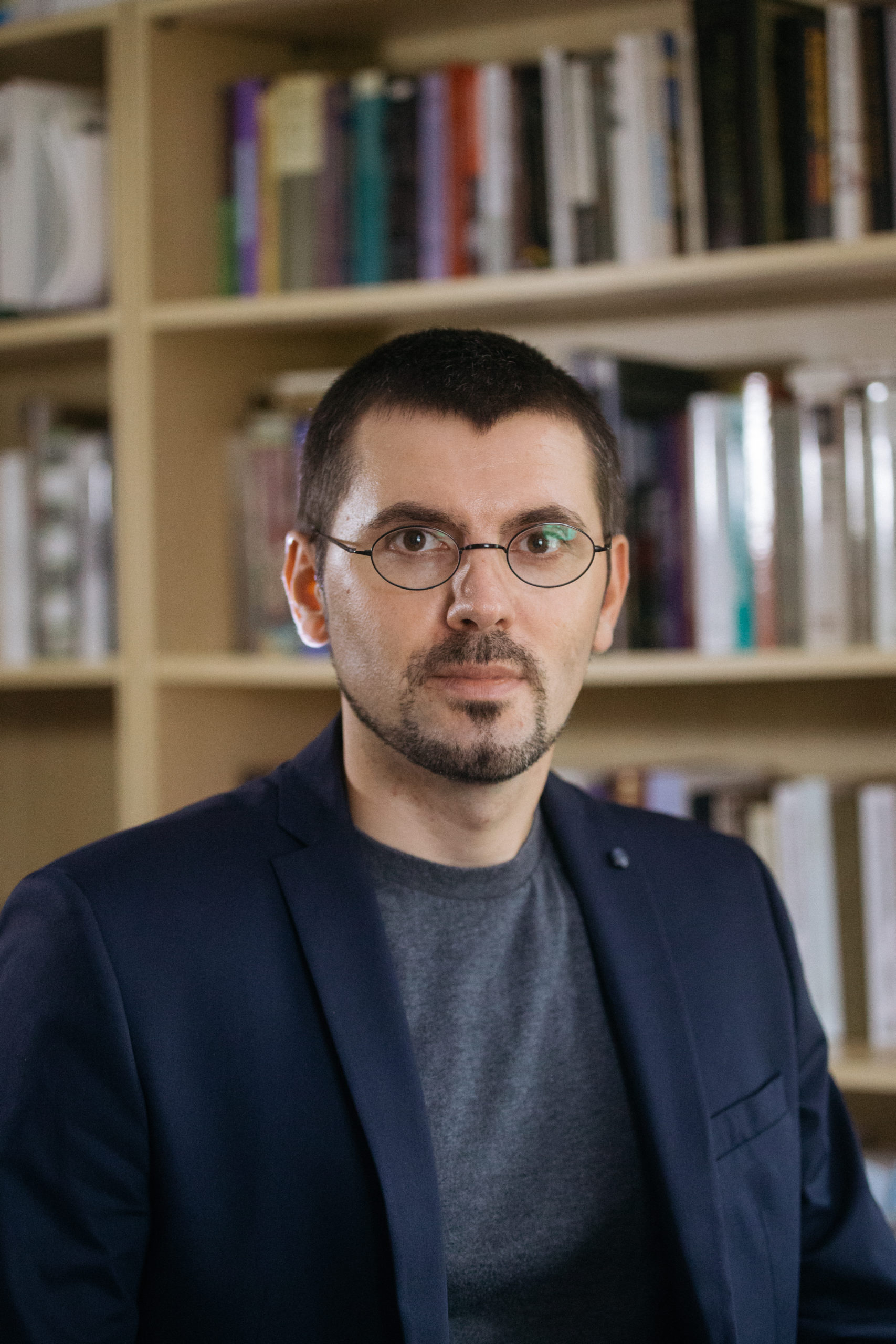
Dr. Oleksandr Pankieiev is a research coordinator at the Canadian Institute of Ukrainian Studies, University of Alberta, and editor-in-chief of the online Forum for Ukrainian Studies under its Contemporary Ukraine Studies Program. He also serves as president of the Alberta Society for the Advancement of Ukrainian Studies and vice-president of Alberta Local and International Education Association. His research interests include the history of steppe Ukraine, Russia-Ukraine relations, bureaucracy and elites in Ukraine, ethnography, oral history, and digital media. Among his monographs are three historical sourcebooks about eighteenth-century Southern Ukraine. His latest publication is the collection Meandering in Transition: Thirty Years of Reforms and Identity in Post-Communist Europe (2021), co-edited with Ostap Kushnir.

Alexander Carpenter is the Director of the Wirth Institute for Austrian and Central European Studies. A musicologist and professor of music at the Augustana campus of the University of Alberta, Dr. Carpenter's research focuses on the music and culture of fin-de-siecle Vienna, the intersections between music and psychoanalysis, and popular music. As a musician, he performs as a singer and guitarist with the rock band Men Who Fell 2 Earth

Alexander Carpenter is the Director of the Wirth Institute for Austrian and Central European Studies. A musicologist and professor of music at the Augustana campus of the University of Alberta, Dr. Carpenter's research focuses on the music and culture of fin-de-siecle Vienna, the intersections between music and psychoanalysis, and popular music. As a musician, he performs as a singer and guitarist with the rock band Men Who Fell 2 Earth
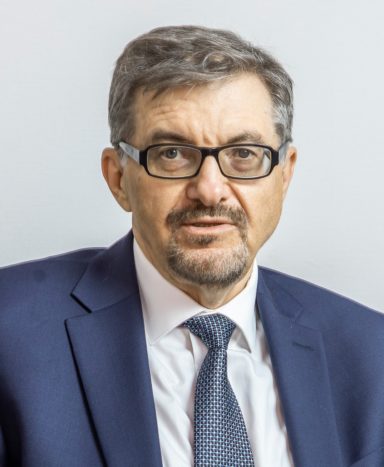
Dr. Serhii Plokhii is a prolific and award-winning author. Sixteen of his books have been published since 2002, ten of them in the past decade. His most recent monographs are The Gates of Europe: A History of Ukraine (2015); The Man with the Poison Gun: A Cold War Spy Story (2016); Lost Kingdom: The Quest for Empire and the Making of the Russian Nation (2017); Chernobyl: History of a Tragedy (2018); Forgotten Bastards of the Eastern Front: American Airmen behind the Soviet Lines and the Collapse of the Grand Alliance (2019); and Nuclear Folly: A History of the Cuban Missile Crisis (to be released on 13 April 2021).
Since 2007 Dr. Plokhii (aka Plokhy) has been the Mykhailo S. Hrushevs'kyi Professor of Ukrainian History at Harvard University and the director of its Ukrainian Research Institute. Previously he was a professor at Dnipropetrovsk State University and a research associate of the Canadian Institute of Ukrainian Studies at the University of Alberta, where he founded and headed the CIUS’s Research Program on Religion and Culture. He has also served as the deputy editor of the Hrushevsky Translation Project.
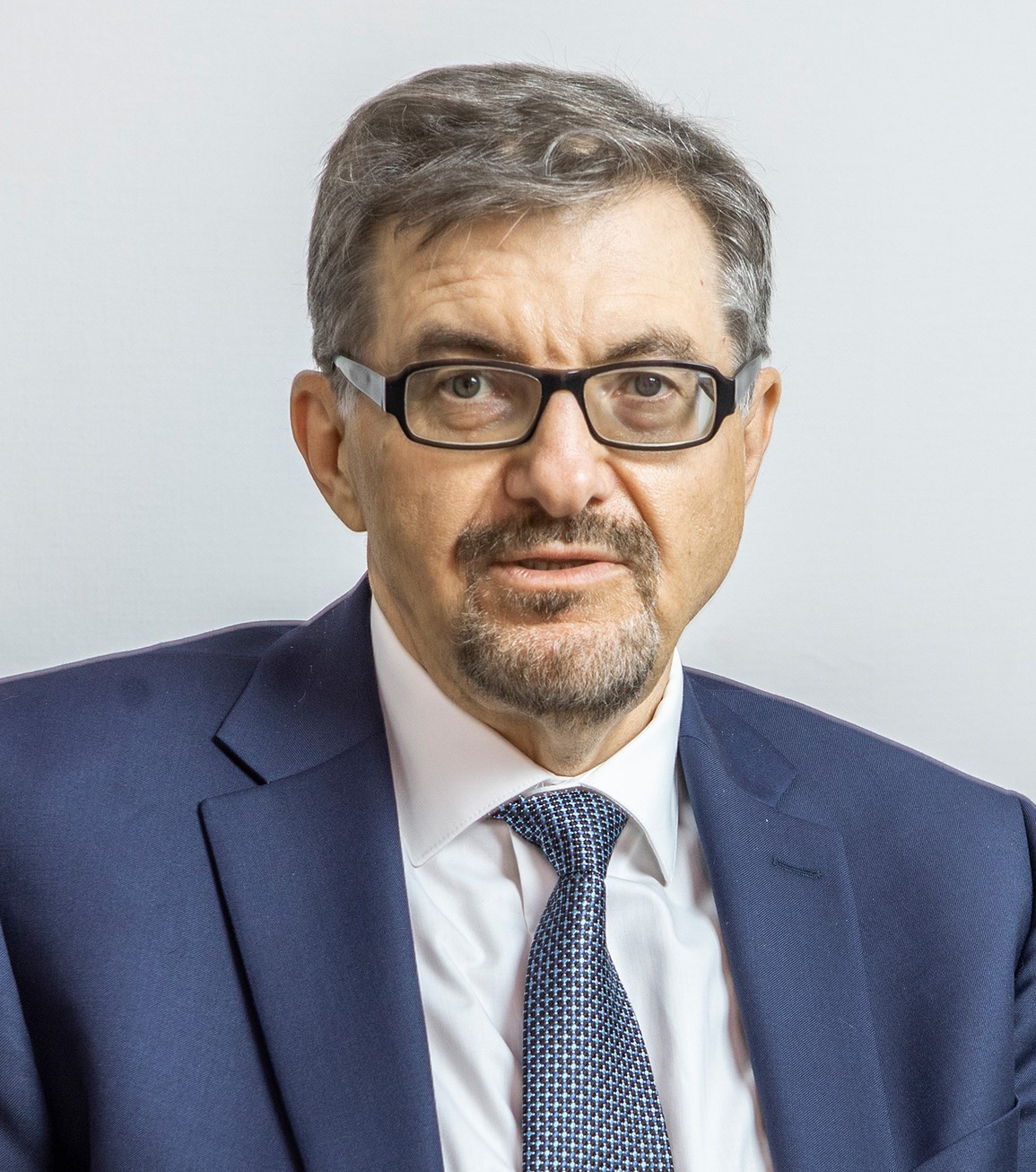
Dr. Serhii Plokhii is a prolific and award-winning author. Sixteen of his books have been published since 2002, ten of them in the past decade. His most recent monographs are The Gates of Europe: A History of Ukraine (2015); The Man with the Poison Gun: A Cold War Spy Story (2016); Lost Kingdom: The Quest for Empire and the Making of the Russian Nation (2017); Chernobyl: History of a Tragedy (2018); Forgotten Bastards of the Eastern Front: American Airmen behind the Soviet Lines and the Collapse of the Grand Alliance (2019); and Nuclear Folly: A History of the Cuban Missile Crisis (to be released on 13 April 2021).
Since 2007 Dr. Plokhii (aka Plokhy) has been the Mykhailo S. Hrushevs'kyi Professor of Ukrainian History at Harvard University and the director of its Ukrainian Research Institute. Previously he was a professor at Dnipropetrovsk State University and a research associate of the Canadian Institute of Ukrainian Studies at the University of Alberta, where he founded and headed the CIUS’s Research Program on Religion and Culture. He has also served as the deputy editor of the Hrushevsky Translation Project.

Li Bennich-Björkman, Johan Skytte Professor in Eloquence and Political Science at University of Uppsala. She is member of The Royal Academy of Arts and Sciences in Sweden. She has worked extensively on issues of political developments in the post-communist and post-Soviet countries, on life in exile and refugees, on creativity and research politics, and on integration. Publications include “When the Future Came: The Collapse of the Soviet Union and the Emergence of National Memories in Post-Soviet Textbooks” (co-edited with Sergiy Kurbatov), Ibidem Verlag, 2019; “Post-Communism” in “SAGE Handbook of Political Sociology” (edited by William Outhwaite and Stephen Turner), 2017/2018; “Baltic Biographies at Historical Crossroads” at Routledge, 2011 (co-edited with Aili Aarelaid-Tart); and the monograph “Political Culture under Institutional Pressure”. “How Institutions Transform Early Socialization” at Palgrave/Macmillan, 2008. The latter two publications concern Baltic affairs specifically.

Li Bennich-Björkman, Johan Skytte Professor in Eloquence and Political Science at University of Uppsala. She is member of The Royal Academy of Arts and Sciences in Sweden. She has worked extensively on issues of political developments in the post-communist and post-Soviet countries, on life in exile and refugees, on creativity and research politics, and on integration. Publications include “When the Future Came: The Collapse of the Soviet Union and the Emergence of National Memories in Post-Soviet Textbooks” (co-edited with Sergiy Kurbatov), Ibidem Verlag, 2019; “Post-Communism” in “SAGE Handbook of Political Sociology” (edited by William Outhwaite and Stephen Turner), 2017/2018; “Baltic Biographies at Historical Crossroads” at Routledge, 2011 (co-edited with Aili Aarelaid-Tart); and the monograph “Political Culture under Institutional Pressure”. “How Institutions Transform Early Socialization” at Palgrave/Macmillan, 2008. The latter two publications concern Baltic affairs specifically.
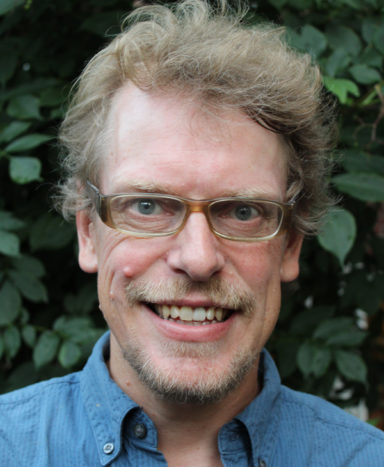
Lucan Way is a co-director of the Petro Jacyk Program for the Study of Ukraine at the University of Toronto and co-chair of the editorial board of the Journal of Democracy. He has held fellowships at the Harvard Academy, the Davis Center for Russian and Eurasian Studies, and the University of Notre Dame. His research focuses on democratization and authoritarianism in the former Soviet Union and the developing world. Among his recent books are Social Revolution and Authoritarian Durability in the Modern World (with Steven Levitsky, forthcoming), Pluralism by Default: Weak Autocrats and the Rise of Competitive Politics (2015), and Competitive Authoritarianism: Hybrid Regimes after the Cold War (with Levitsky, 2010). Way has also published articles in the American Journal of Political Science, Comparative Politics, Journal of Democracy, Perspectives on Politics, Politics & Society, Slavic Review, Studies in Comparative and International Development, and World Politics.
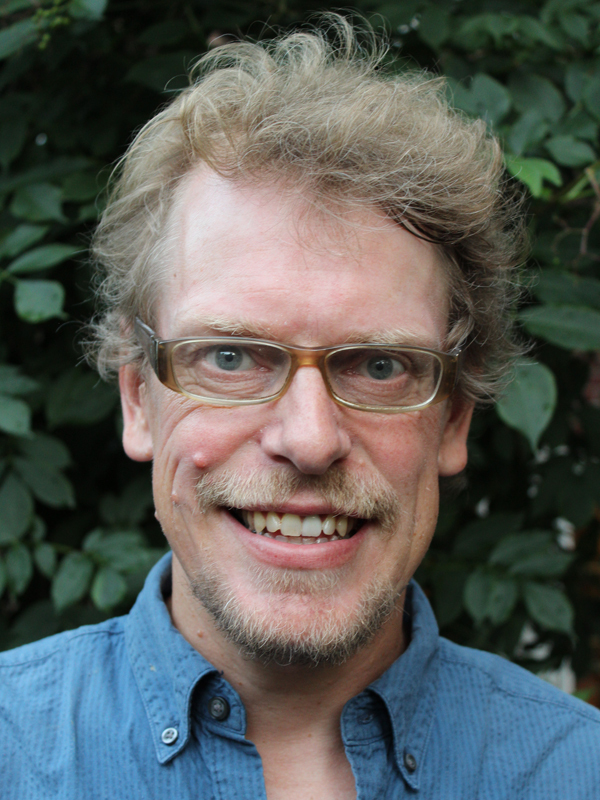
Lucan Way is a co-director of the Petro Jacyk Program for the Study of Ukraine at the University of Toronto and co-chair of the editorial board of the Journal of Democracy. He has held fellowships at the Harvard Academy, the Davis Center for Russian and Eurasian Studies, and the University of Notre Dame. His research focuses on democratization and authoritarianism in the former Soviet Union and the developing world. Among his recent books are Social Revolution and Authoritarian Durability in the Modern World (with Steven Levitsky, forthcoming), Pluralism by Default: Weak Autocrats and the Rise of Competitive Politics (2015), and Competitive Authoritarianism: Hybrid Regimes after the Cold War (with Levitsky, 2010). Way has also published articles in the American Journal of Political Science, Comparative Politics, Journal of Democracy, Perspectives on Politics, Politics & Society, Slavic Review, Studies in Comparative and International Development, and World Politics.
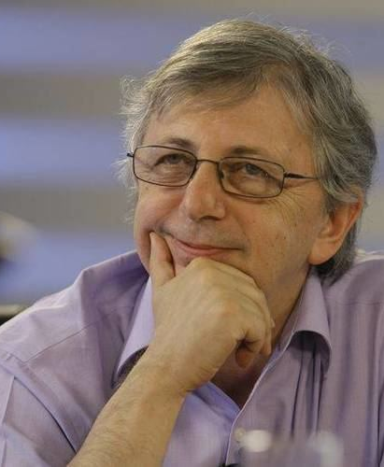
Vladimir Tismaneanu is professor of politics and director of the Center for the Study of Post-Communist Societies at University of Maryland (College Park). He served as president of the Presidential Commission for the Analysis of the Communist Dictatorship in Romania (April 2006 – March 2007). He left communist Romania in 1981. He was editor (1998-2004) of East European Politics and Societies. His areas of research include political religions (Marxism, Bolshevism, Fascism), the ideological passions of the 20th century, and the relationship between democracy and memory. His book The Devil in History: Communism, Fascism, and Some Lessons of the Twentieth Century came out from University of California Press in 2012 and was translated into Romanian, Spanish, Portuguese (Ukrainian translation forthcoming). Together with Kate Langdon, he published Putin's Totalitarian Democracy (Palgrave Macmiilan, 2020) and together with Jordan Luber, he co-edited 100 Years of Communist Experiments (CEU Press, 2021)

Vladimir Tismaneanu is professor of politics and director of the Center for the Study of Post-Communist Societies at University of Maryland (College Park). He served as president of the Presidential Commission for the Analysis of the Communist Dictatorship in Romania (April 2006 – March 2007). He left communist Romania in 1981. He was editor (1998-2004) of East European Politics and Societies. His areas of research include political religions (Marxism, Bolshevism, Fascism), the ideological passions of the 20th century, and the relationship between democracy and memory. His book The Devil in History: Communism, Fascism, and Some Lessons of the Twentieth Century came out from University of California Press in 2012 and was translated into Romanian, Spanish, Portuguese (Ukrainian translation forthcoming). Together with Kate Langdon, he published Putin's Totalitarian Democracy (Palgrave Macmiilan, 2020) and together with Jordan Luber, he co-edited 100 Years of Communist Experiments (CEU Press, 2021)

Mykola Riabchuk is a senior researcher at the Institute of Political Studies of the National Academy of Sciences of Ukraine and a lecturer at the University of Warsaw. He has authored several books and many articles on civil society, state/nation building, nationalism, national identity, and the post-Communist transition in Eastern Europe. Five of his books were translated into Polish and one into French (De la petit Russie á l’Ukraine, 2003), German (Die reale und die imaginierte Ukraine, 2005), and Hungarian (A ket Ukraina, 2015). He has received national and international awards and fellowships, including from Fulbright (1994, 2016), Reagan-Fascell (2011), and EURIAS (2013). His most recent books published in English are Eastern Europe since 1989: Between the Loosened Authoritarianism and Unconsolidated Democracy (2020) and At the Fence of Metternich’s Garden: Essays on Europe, Ukraine, and Europeanization (2021).

Mykola Riabchuk is a senior researcher at the Institute of Political Studies of the National Academy of Sciences of Ukraine and a lecturer at the University of Warsaw. He has authored several books and many articles on civil society, state/nation building, nationalism, national identity, and the post-Communist transition in Eastern Europe. Five of his books were translated into Polish and one into French (De la petit Russie á l’Ukraine, 2003), German (Die reale und die imaginierte Ukraine, 2005), and Hungarian (A ket Ukraina, 2015). He has received national and international awards and fellowships, including from Fulbright (1994, 2016), Reagan-Fascell (2011), and EURIAS (2013). His most recent books published in English are Eastern Europe since 1989: Between the Loosened Authoritarianism and Unconsolidated Democracy (2020) and At the Fence of Metternich’s Garden: Essays on Europe, Ukraine, and Europeanization (2021).
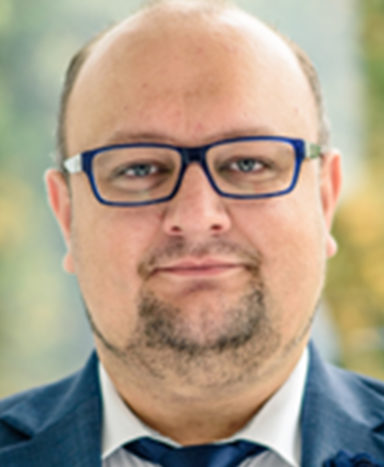
Andriy Tyushka, Senior Research Fellow in the European Neighbourhood Policy Chair at the College of Europe (Natolin campus). He received his PhD in International Relations and World Politics from the Ivan Franko National University of Lviv (Ukraine), where he co-authored the first Ukrainian Handbook on International Organizations (Znannia, 1st edn 2005; 2nd edn 2007). For the past ten years, he has been researching and teaching on European foreign policy and (Eastern) European security in Spain, Germany, Estonia, and Poland. He has published widely on the analysis of power (structural and normative power in IR; middle powers in world politics), cooperation (association, strategic partnerships) and conflict (narrative and hybrid warfare) in international relations, including with Routledge/T&F and SAGE journals. His books and edited volume contributions appeared i.a. with Routledge, Edward Elgar, and OUP. His latest book publications include the co-edited volume States, International Organizations, and Strategic Partnerships (Edward Elgar, 2019).

Andriy Tyushka, Senior Research Fellow in the European Neighbourhood Policy Chair at the College of Europe (Natolin campus). He received his PhD in International Relations and World Politics from the Ivan Franko National University of Lviv (Ukraine), where he co-authored the first Ukrainian Handbook on International Organizations (Znannia, 1st edn 2005; 2nd edn 2007). For the past ten years, he has been researching and teaching on European foreign policy and (Eastern) European security in Spain, Germany, Estonia, and Poland. He has published widely on the analysis of power (structural and normative power in IR; middle powers in world politics), cooperation (association, strategic partnerships) and conflict (narrative and hybrid warfare) in international relations, including with Routledge/T&F and SAGE journals. His books and edited volume contributions appeared i.a. with Routledge, Edward Elgar, and OUP. His latest book publications include the co-edited volume States, International Organizations, and Strategic Partnerships (Edward Elgar, 2019).
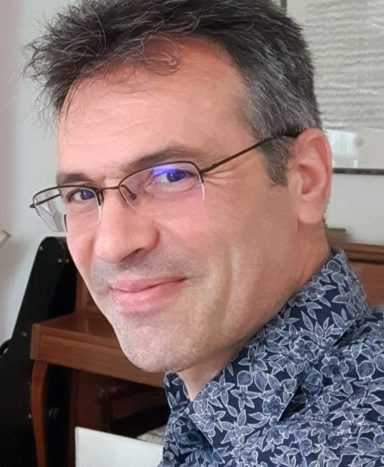
Assen Slim is an economist, senior lecturer, and the director of research at the National Institute of Oriental Languages and Civilizations (INALCO) in Paris. He holds a PhD in economics from the University of Paris 1 Panthéon-Sorbonne. His research interests are in post-socialist transition, international economics (particularly intra-industry trade), environmental economics and sustainability, European monetary integration, cryptocurrencies, and Blockchain. He is the author of 11 books, 12 book chapters, and 17 articles in peer-reviewed journals, as well as 41 articles in other journals, and he edited a special issue of the East-West Comparative Studies Review on the social costs of post-socialist transition.
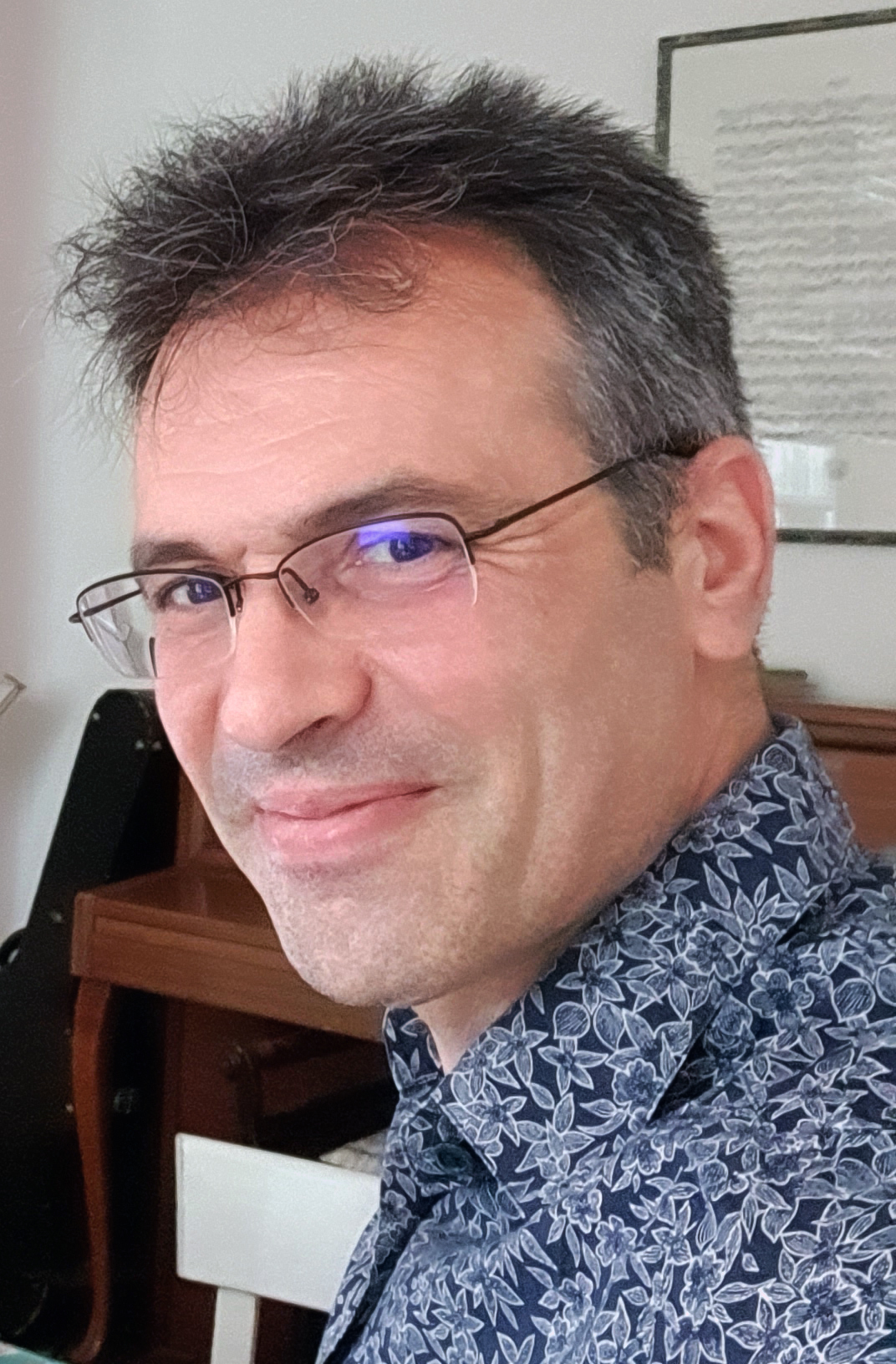
Assen Slim is an economist, senior lecturer, and the director of research at the National Institute of Oriental Languages and Civilizations (INALCO) in Paris. He holds a PhD in economics from the University of Paris 1 Panthéon-Sorbonne. His research interests are in post-socialist transition, international economics (particularly intra-industry trade), environmental economics and sustainability, European monetary integration, cryptocurrencies, and Blockchain. He is the author of 11 books, 12 book chapters, and 17 articles in peer-reviewed journals, as well as 41 articles in other journals, and he edited a special issue of the East-West Comparative Studies Review on the social costs of post-socialist transition.
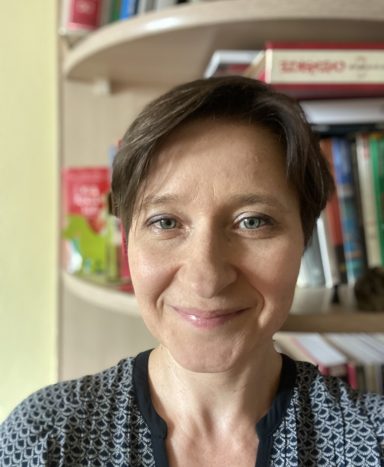
Anna Rudakowska is an associate professor in the Department of Global Politics and Economics, Tamkang University, Taiwan, and senior associate in the Department of Political Science, Vrije Universiteit, Brussels; she holds a PhD in Political Science from the VUB. Her publications include “The study of China in Poland after World War II: Toward a ‘New Sinology’?” in The China Review (2014), “China threat: The Polish media perspective” in Eurasian Studies Quarterly (2019, in Chinese), and “Taipei’s soft power at work: The image of Taiwan in Polish dailies Gazeta Wyborcza and Rzeczpospolita” in Taiwan Exceptionalism (2019), which she co-edited with Ewa Trojnar and Agata Ziętek. She is currently working on Chinese and Taiwanese paradiplomacy.
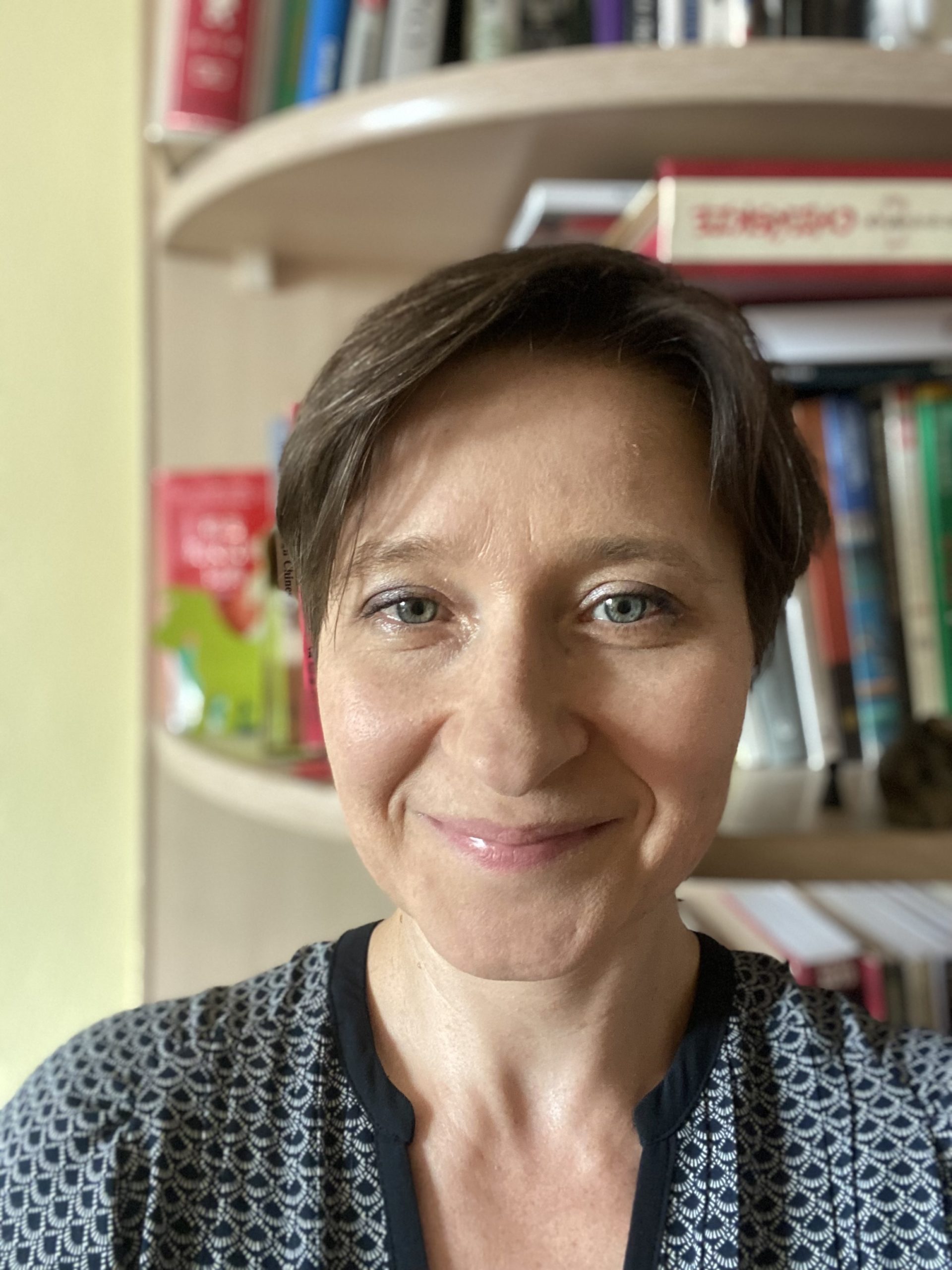
Anna Rudakowska is an associate professor in the Department of Global Politics and Economics, Tamkang University, Taiwan, and senior associate in the Department of Political Science, Vrije Universiteit, Brussels; she holds a PhD in Political Science from the VUB. Her publications include “The study of China in Poland after World War II: Toward a ‘New Sinology’?” in The China Review (2014), “China threat: The Polish media perspective” in Eurasian Studies Quarterly (2019, in Chinese), and “Taipei’s soft power at work: The image of Taiwan in Polish dailies Gazeta Wyborcza and Rzeczpospolita” in Taiwan Exceptionalism (2019), which she co-edited with Ewa Trojnar and Agata Ziętek. She is currently working on Chinese and Taiwanese paradiplomacy.
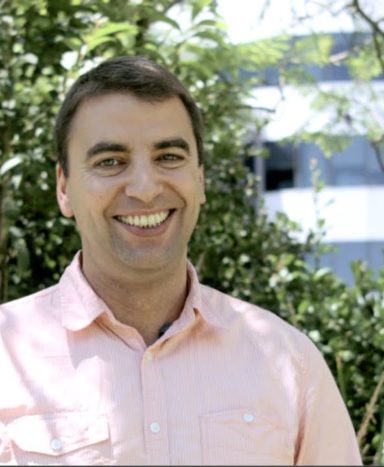
Emilian Kavalski is the Inaugural NAWA Visiting Chair Professor at the Jagiellonian University (Poland), the Li Dak Sum Chair Professor in China-Eurasia Relations and International Studies at the University of Nottingham Ningbo (China), and book series editor for Routledge’s “Rethinking Asia and International Relations” series. He has held research positions at universities and institutes in Denmark, Taiwan, India, Australia, Japan, Germany, Australia, and Canada. His work explores the interconnections between the simultaneous decentring of international relations by post-Western perspectives and non-anthropocentric approaches. He is the author of four books, most recently The Guanxi of Relational International Theory (2018), and the editor of eleven volumes, including World Politics at the Edge of Chaos (2016).

Emilian Kavalski is the Inaugural NAWA Visiting Chair Professor at the Jagiellonian University (Poland), the Li Dak Sum Chair Professor in China-Eurasia Relations and International Studies at the University of Nottingham Ningbo (China), and book series editor for Routledge’s “Rethinking Asia and International Relations” series. He has held research positions at universities and institutes in Denmark, Taiwan, India, Australia, Japan, Germany, Australia, and Canada. His work explores the interconnections between the simultaneous decentring of international relations by post-Western perspectives and non-anthropocentric approaches. He is the author of four books, most recently The Guanxi of Relational International Theory (2018), and the editor of eleven volumes, including World Politics at the Edge of Chaos (2016).

Tomasz Stępniewski is an associate professor at the Institute of Political Science, Faculty of Social Sciences, John Paul II Catholic University of Lublin, and deputy director of the Institute of Central Europe in Lublin. He received his PhD from the Polish Academy of Sciences and was a research fellow at the Harvard Ukrainian Research Institute in 2005 and Carnegie Moscow Centre in 2015. His main research interests include post-Soviet development, EU policy toward its eastern neighbourhood, international relations of the Commonwealth of Independent States, and Russia’s policy toward Eastern Europe.

Tomasz Stępniewski is an associate professor at the Institute of Political Science, Faculty of Social Sciences, John Paul II Catholic University of Lublin, and deputy director of the Institute of Central Europe in Lublin. He received his PhD from the Polish Academy of Sciences and was a research fellow at the Harvard Ukrainian Research Institute in 2005 and Carnegie Moscow Centre in 2015. His main research interests include post-Soviet development, EU policy toward its eastern neighbourhood, international relations of the Commonwealth of Independent States, and Russia’s policy toward Eastern Europe.

Juraj Marušiak is a political scientist and historian, working since 1996 as senior researcher at the Institute of Political Science, Slovak Academy of Sciences, Bratislava. His research is focused on the twentieth-century history of Slovakia and on comparative politics and international relations in the CEE region since 1989. His research interests lie in the field of the Visegrád Four countries (Russia, Ukraine, Belarus, and Moldova). He has authored monographs on Slovak literature and government in 1955–60 (2001), the (dis)integration power of Central European nationalism (2015, co-authors Mateusz Gniazdowski and Ivan Halász), and Slovak students in 1956 (2020).

Juraj Marušiak is a political scientist and historian, working since 1996 as senior researcher at the Institute of Political Science, Slovak Academy of Sciences, Bratislava. His research is focused on the twentieth-century history of Slovakia and on comparative politics and international relations in the CEE region since 1989. His research interests lie in the field of the Visegrád Four countries (Russia, Ukraine, Belarus, and Moldova). He has authored monographs on Slovak literature and government in 1955–60 (2001), the (dis)integration power of Central European nationalism (2015, co-authors Mateusz Gniazdowski and Ivan Halász), and Slovak students in 1956 (2020).
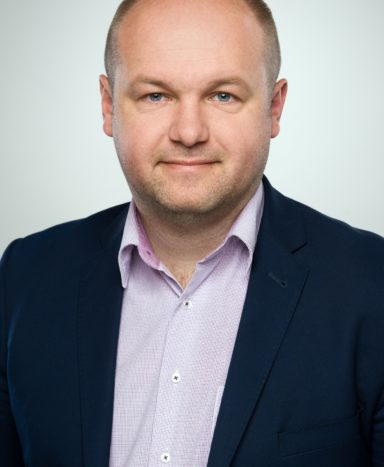
Adrian Chojan is an associate professor in the Department of International Political Relations and Deputy Dean for Scientific and Operational Affairs in the Faculty of Economics and Management, Lazarski University, and a researcher at the Institute of Political Studies, Polish Academy of Sciences. His major professional interests are in the field of Polish foreign policy, Polish political parties, external relations of the European Union, and European integration. His publications include books on Poland’s Europe policy under the rule of governments formed by the Law and Justice Party (co-authored with Mikołaj Tomaszyk, 2017), the United States and the Three Seas Initiative (2019), and the impact of Brexit on Poland’s Europe policy (2020).

Adrian Chojan is an associate professor in the Department of International Political Relations and Deputy Dean for Scientific and Operational Affairs in the Faculty of Economics and Management, Lazarski University, and a researcher at the Institute of Political Studies, Polish Academy of Sciences. His major professional interests are in the field of Polish foreign policy, Polish political parties, external relations of the European Union, and European integration. His publications include books on Poland’s Europe policy under the rule of governments formed by the Law and Justice Party (co-authored with Mikołaj Tomaszyk, 2017), the United States and the Three Seas Initiative (2019), and the impact of Brexit on Poland’s Europe policy (2020).
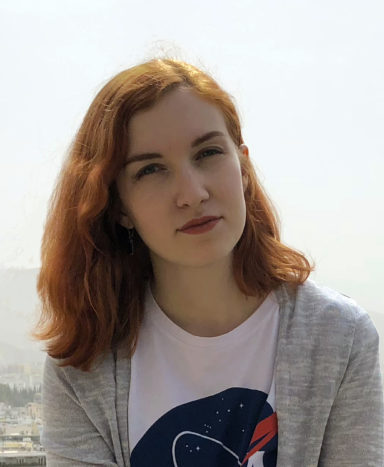
Margaryta Khvostova is a lecturer and researcher in the Department of Government Studies at Lazarski University, Warsaw. She is a graduate of Coventry and Lancaster University (UK) and holds master’s degrees in international relations as well as in culture, media, and society, winning the 2018 competition for best M.A. thesis in Poland from the Polish Ministry of Foreign Relations. Her primary area of academic research is human rights, and she also writes about political institutions in the CEE. She actively publishes in international academic journals, including the Human Rights Review, and consults for the Reanimation Package of Reforms Coalition in Ukraine.
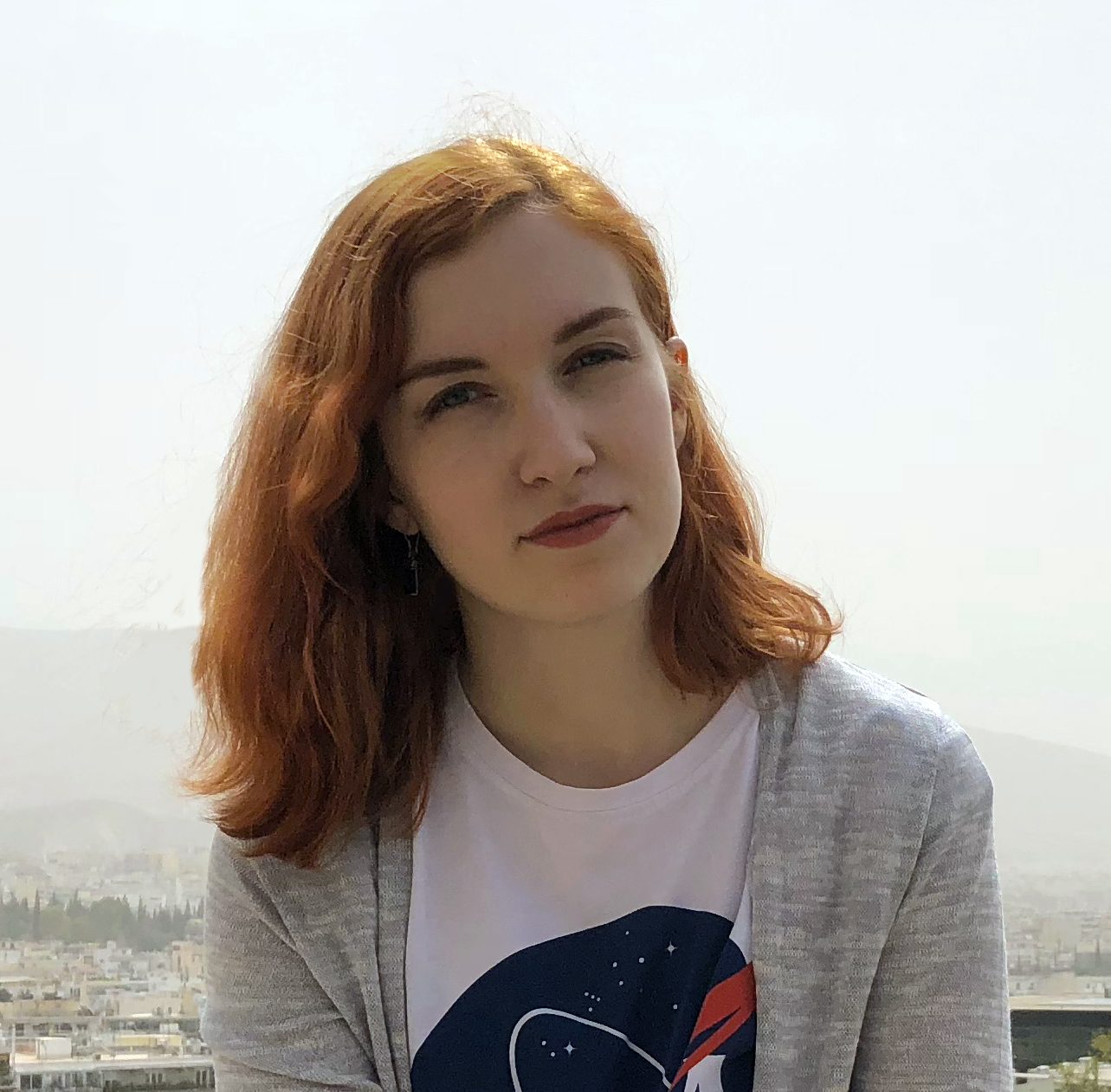
Margaryta Khvostova is a lecturer and researcher in the Department of Government Studies at Lazarski University, Warsaw. She is a graduate of Coventry and Lancaster University (UK) and holds master’s degrees in international relations as well as in culture, media, and society, winning the 2018 competition for best M.A. thesis in Poland from the Polish Ministry of Foreign Relations. Her primary area of academic research is human rights, and she also writes about political institutions in the CEE. She actively publishes in international academic journals, including the Human Rights Review, and consults for the Reanimation Package of Reforms Coalition in Ukraine.
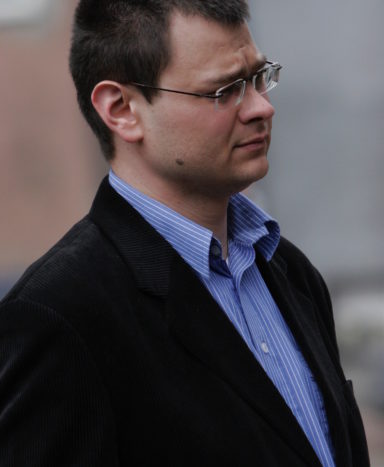
Robert Rajczyk is an associate professor in the Institute of Journalism and Media Communication, University of Silesia, Katowice and a Taiwan Fellowship Programme Visiting Scholar (2015, 2017, 2019, and 2021); he received a grant from the Center for Chinese Studies to conduct research at the National Central Library, Taipei (2019). His research interests concern the Visegrad Group and Eastern Europe, with a particular emphasis on Moldova and Romania, as well as contemporary propaganda.

Robert Rajczyk is an associate professor in the Institute of Journalism and Media Communication, University of Silesia, Katowice and a Taiwan Fellowship Programme Visiting Scholar (2015, 2017, 2019, and 2021); he received a grant from the Center for Chinese Studies to conduct research at the National Central Library, Taipei (2019). His research interests concern the Visegrad Group and Eastern Europe, with a particular emphasis on Moldova and Romania, as well as contemporary propaganda.
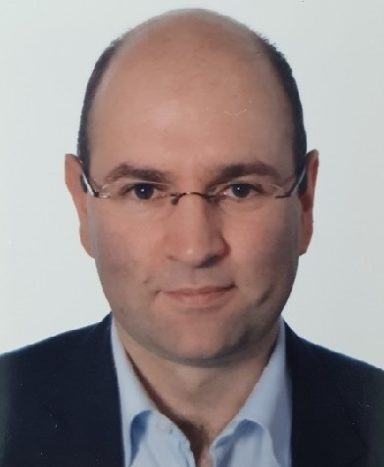
Spasimir Domaradzki is an associate professor in the Department of European Law and Institutions, University of Warsaw, a member of the editorial board of Res Publica Nova, and a Visegrad Insight Fellow (since 2018). He was a Wilbur Fellow at the Russell Kirk Center in Mecosta, Michigan (2008), the Catholic University in America (2008), and the Sofia University Center for Excellence (2010), a research fellow at the Institute for Research in Economic and Fiscal Issues (2014/15), and a member of the Ideas Lab team in the Chancellery of the President of the Polish Republic (2013–14), as well as a member of Team Europe Poland. His research interests concentrate on the CEE with a particular emphasis on issues of political transformation, human rights, European integration, and transatlantic relations.
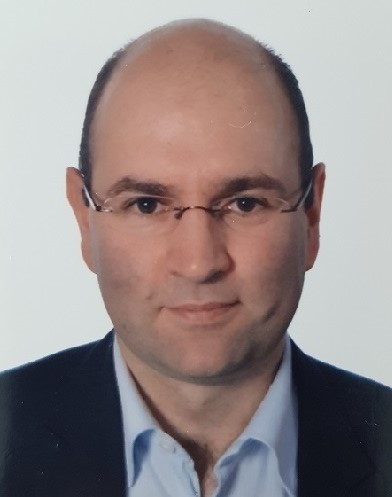
Spasimir Domaradzki is an associate professor in the Department of European Law and Institutions, University of Warsaw, a member of the editorial board of Res Publica Nova, and a Visegrad Insight Fellow (since 2018). He was a Wilbur Fellow at the Russell Kirk Center in Mecosta, Michigan (2008), the Catholic University in America (2008), and the Sofia University Center for Excellence (2010), a research fellow at the Institute for Research in Economic and Fiscal Issues (2014/15), and a member of the Ideas Lab team in the Chancellery of the President of the Polish Republic (2013–14), as well as a member of Team Europe Poland. His research interests concentrate on the CEE with a particular emphasis on issues of political transformation, human rights, European integration, and transatlantic relations.

Nina Paulovicova is an associate professor of history at the Centre of Humanities at Athabasca University (Canada). Her areas of expertise are Holocaust and genocide studies and the history of Central Europe. Her research focuses on the emergence of the extreme right in Central Europe, the politics of collective memory, and power politics of authoritarian regimes, as well as rescue, resistance, ethnic nationalism, transnationalism, identity, ethnicity, and racism.
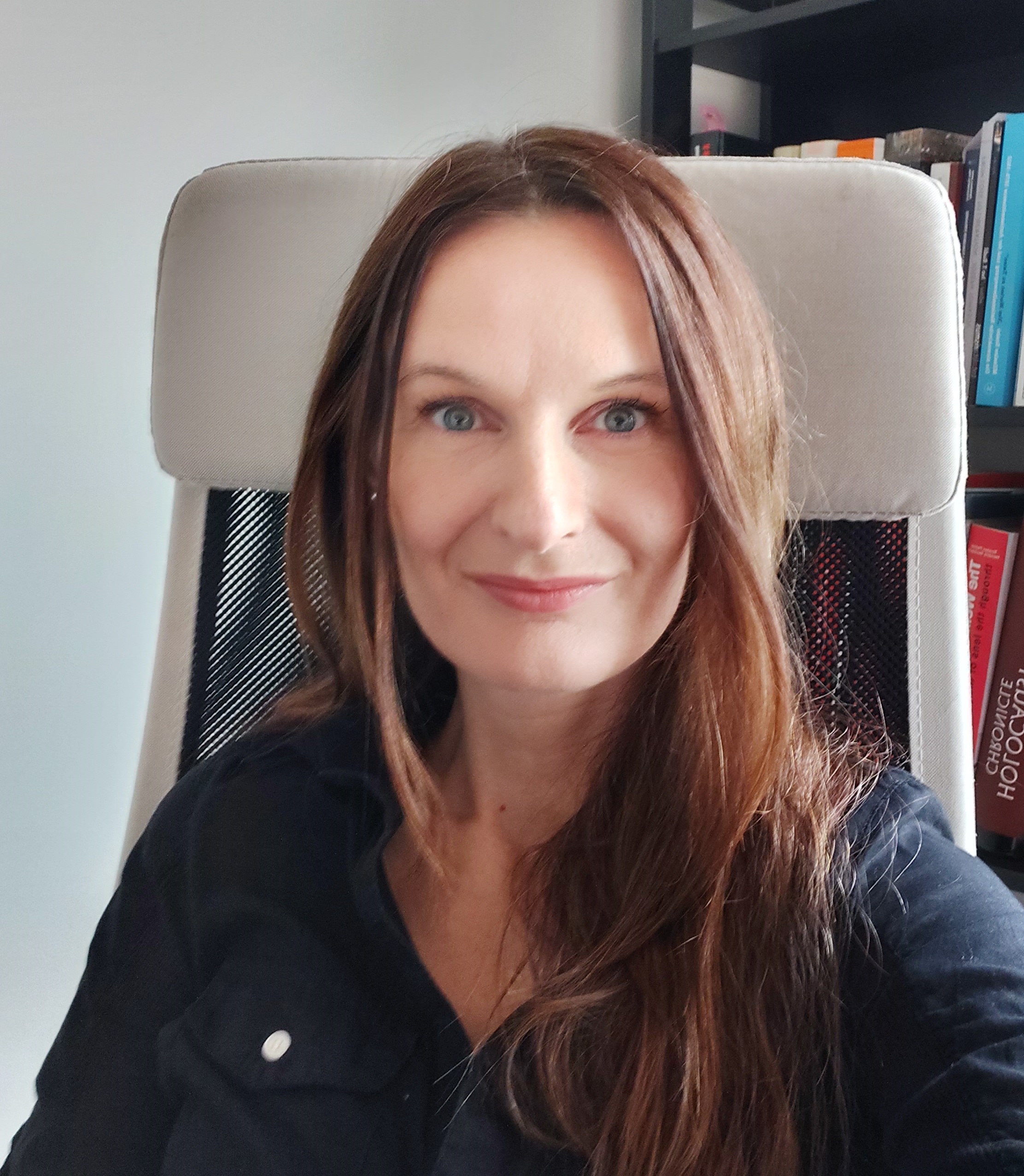
Nina Paulovicova is an associate professor of history at the Centre of Humanities at Athabasca University (Canada). Her areas of expertise are Holocaust and genocide studies and the history of Central Europe. Her research focuses on the emergence of the extreme right in Central Europe, the politics of collective memory, and power politics of authoritarian regimes, as well as rescue, resistance, ethnic nationalism, transnationalism, identity, ethnicity, and racism.
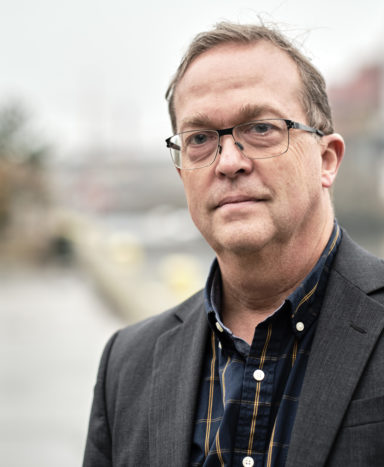
Bo Petersson is a professor of political science at Malmö University (Sweden), where he co-founded the research platform on Russia and the Caucasus region (RUCARR). His special areas of interest include legitimacy, authoritarianism, national identity, and political myth. Geographically he has specialized in political developments in Russia and the former Soviet Union. His most recent publications include “Nationalism and greatness: Russia under the Putin presidencies” in the Research Handbook on Nationalism (2020), and his monograph The Putin Predicament: Problems of Legitimacy and Succession in Russia is forthcoming. He is a member of the editorial board of Communist and Post-Communist Studies and member of the advisory board for the Journal of Intangible Heritage.
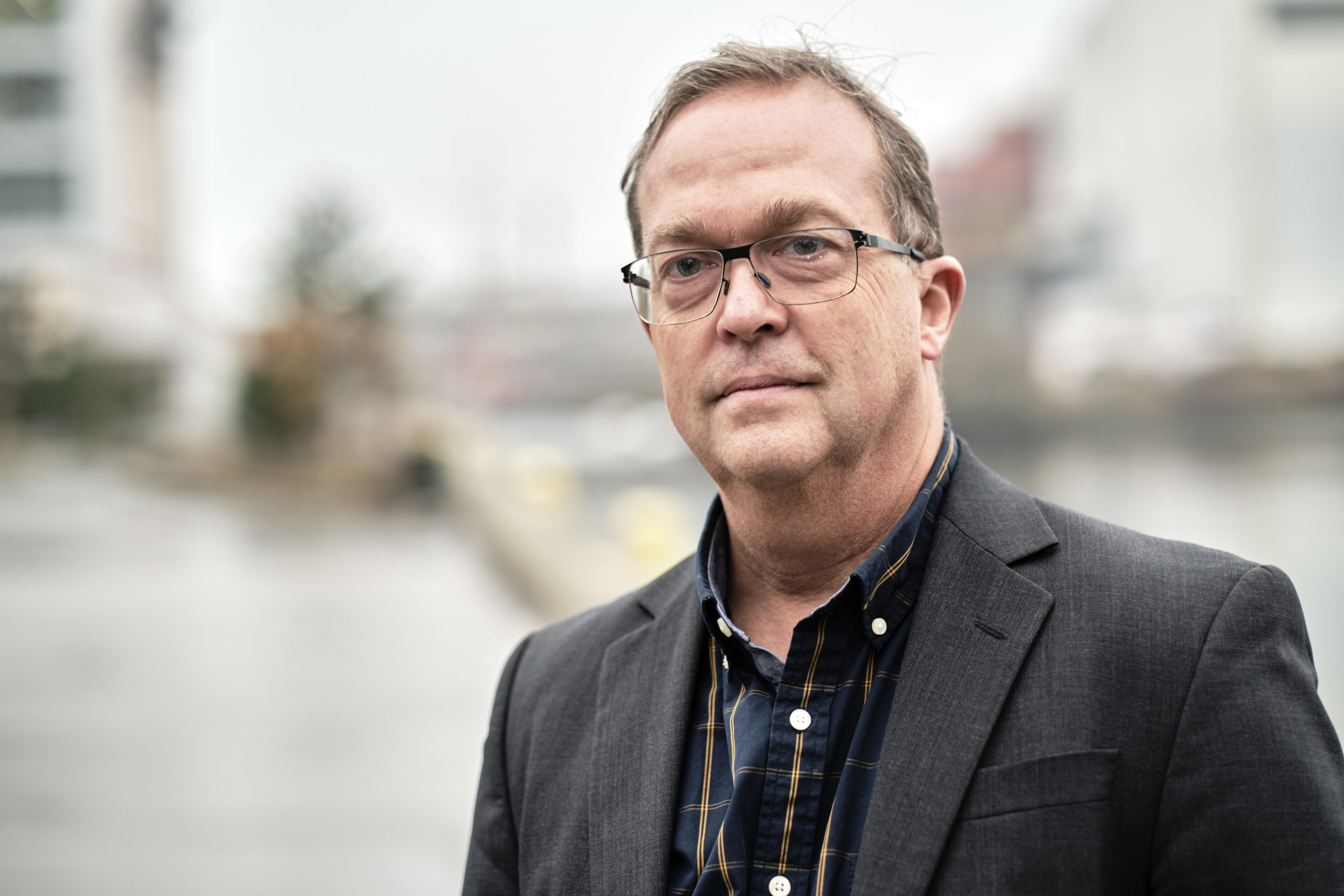
Bo Petersson is a professor of political science at Malmö University (Sweden), where he co-founded the research platform on Russia and the Caucasus region (RUCARR). His special areas of interest include legitimacy, authoritarianism, national identity, and political myth. Geographically he has specialized in political developments in Russia and the former Soviet Union. His most recent publications include “Nationalism and greatness: Russia under the Putin presidencies” in the Research Handbook on Nationalism (2020), and his monograph The Putin Predicament: Problems of Legitimacy and Succession in Russia is forthcoming. He is a member of the editorial board of Communist and Post-Communist Studies and member of the advisory board for the Journal of Intangible Heritage.
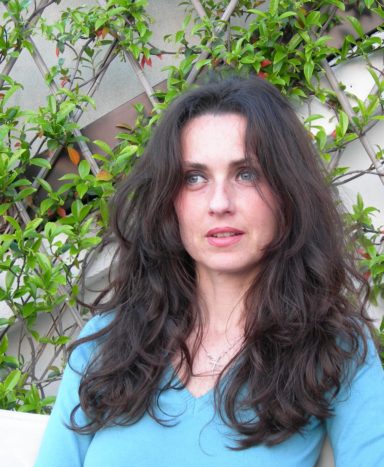
Serena Giusti is the head of the Programme on Eastern Europe, Russia and Eurasia at the Sant’Anna School of Advanced Studies in Pisa, senior associate research fellow at the Institute for International Studies (ISPI) in Milan, a member of the OSCE Reflection Group on European Security, and on the Advisory Board of Women in International Security – Italy. She holds a PhD in political and social sciences from the European University Institute in Florence and a master’s degree from the College of Europe (Natolin). Among her recent publications are Democracy and Fake News: Information Manipulation and Post-Truth Politics (co-edited with Elisa Piras, 2021); “The European Union global strategy and the EU’s maieutic power” in the Journal of Common Market Studies (2020); and “Travelling from West to East: Think tank model adaptation to Central and Eastern Europe,” co-authored with Katarzyna Jezierska, in East European Politics and Societies and Cultures (2020).
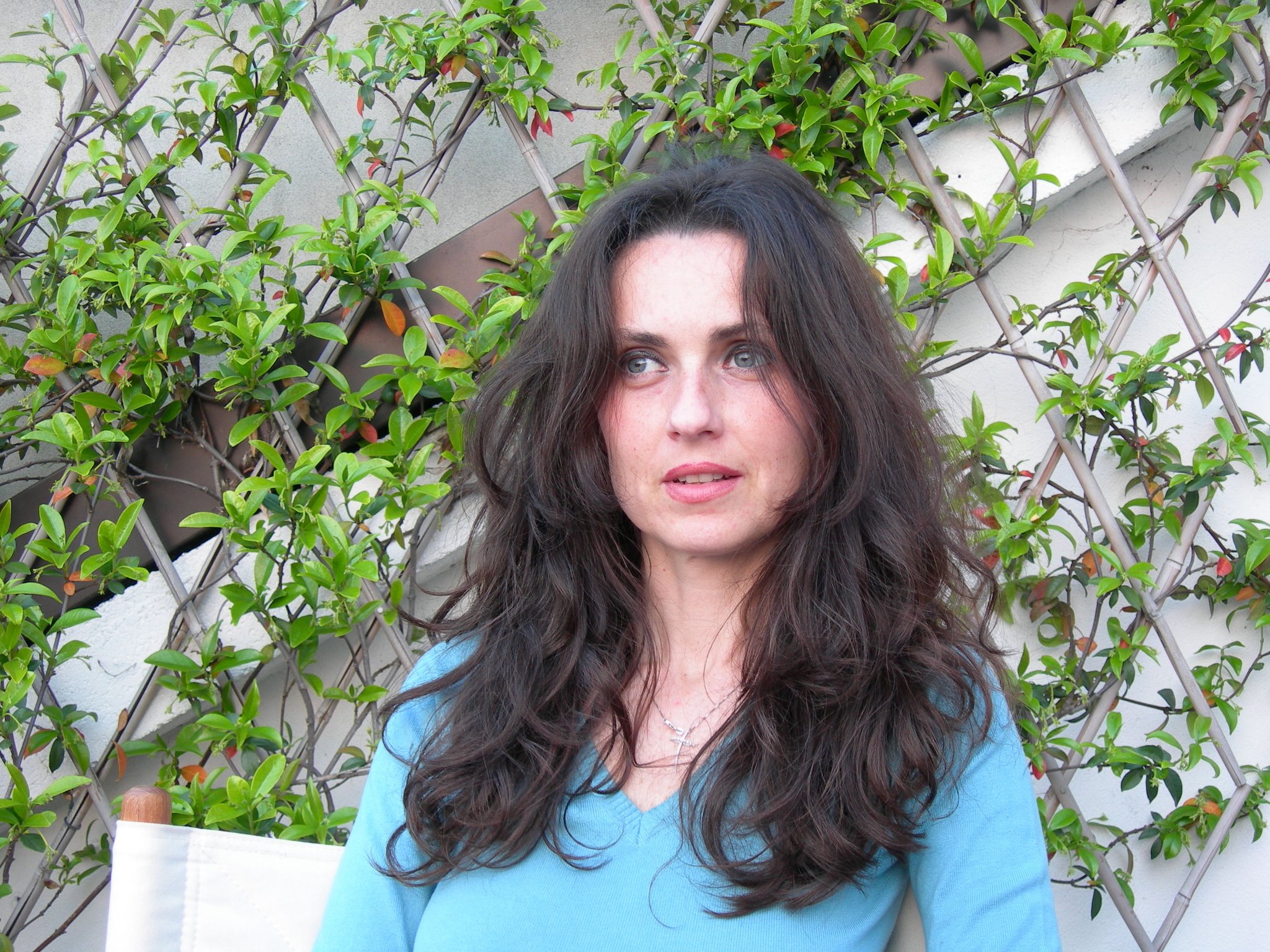
Serena Giusti is the head of the Programme on Eastern Europe, Russia and Eurasia at the Sant’Anna School of Advanced Studies in Pisa, senior associate research fellow at the Institute for International Studies (ISPI) in Milan, a member of the OSCE Reflection Group on European Security, and on the Advisory Board of Women in International Security – Italy. She holds a PhD in political and social sciences from the European University Institute in Florence and a master’s degree from the College of Europe (Natolin). Among her recent publications are Democracy and Fake News: Information Manipulation and Post-Truth Politics (co-edited with Elisa Piras, 2021); “The European Union global strategy and the EU’s maieutic power” in the Journal of Common Market Studies (2020); and “Travelling from West to East: Think tank model adaptation to Central and Eastern Europe,” co-authored with Katarzyna Jezierska, in East European Politics and Societies and Cultures (2020).

Christopher Lash is an associate professor in the Department of Government Studies at Lazarski University in Warsaw, Poland. He is primarily a historian of twentieth-century Poland although his research interests also include CEE history, sports history, and the history of displacement. He has published widely on the subject of his PhD thesis—displacement of Poles at the end of the Second World War. In 2017–18 he took part in an EU-funded research project titled “Flucht europäisch erzählen: Being Refugee, a European Narrative,” run by the Austrian Academy of Sciences. He is currently researching a monograph on Polish engagement with the third world during the Cold War.

Christopher Lash is an associate professor in the Department of Government Studies at Lazarski University in Warsaw, Poland. He is primarily a historian of twentieth-century Poland although his research interests also include CEE history, sports history, and the history of displacement. He has published widely on the subject of his PhD thesis—displacement of Poles at the end of the Second World War. In 2017–18 he took part in an EU-funded research project titled “Flucht europäisch erzählen: Being Refugee, a European Narrative,” run by the Austrian Academy of Sciences. He is currently researching a monograph on Polish engagement with the third world during the Cold War.
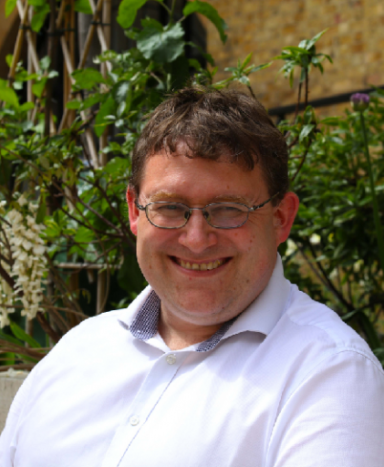
Lecturer (teaching) at University College London in the United Kingdom, where he has been working since 2016. Previously, he taught in Denmark, at University of Copenhagen and Aarhus University. He obtained a PhD in Political Science from the School of Slavonic and East European Studies, University College London, in 2010 (on the topic of Russian perceptions of Belarusian and Ukrainian sovereignty in the period 1990-2008). Apart from Russian foreign policy, Rasmus Nilsson’s research interests also include comparative politics from the post-Soviet region. He has published articles in journals such as Europe-Asia Studies and conducted research for the Center for Military Studies at the University of Copenhagen on behalf of the Danish Ministry of Defence.
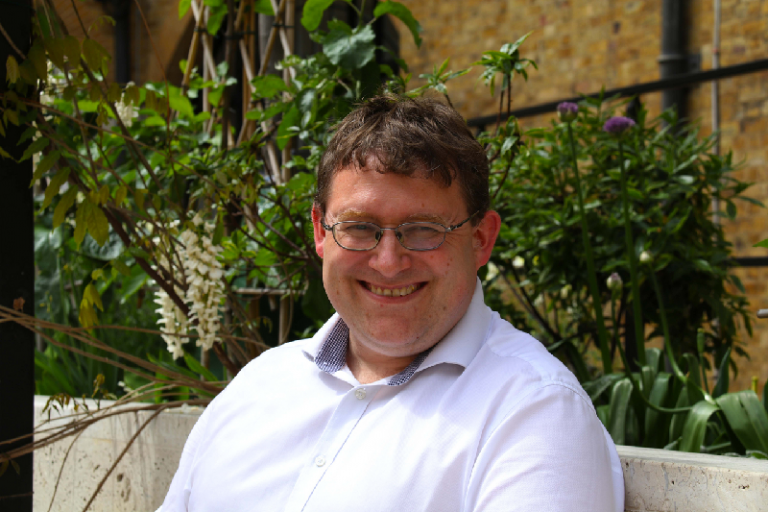
Lecturer (teaching) at University College London in the United Kingdom, where he has been working since 2016. Previously, he taught in Denmark, at University of Copenhagen and Aarhus University. He obtained a PhD in Political Science from the School of Slavonic and East European Studies, University College London, in 2010 (on the topic of Russian perceptions of Belarusian and Ukrainian sovereignty in the period 1990-2008). Apart from Russian foreign policy, Rasmus Nilsson’s research interests also include comparative politics from the post-Soviet region. He has published articles in journals such as Europe-Asia Studies and conducted research for the Center for Military Studies at the University of Copenhagen on behalf of the Danish Ministry of Defence.



